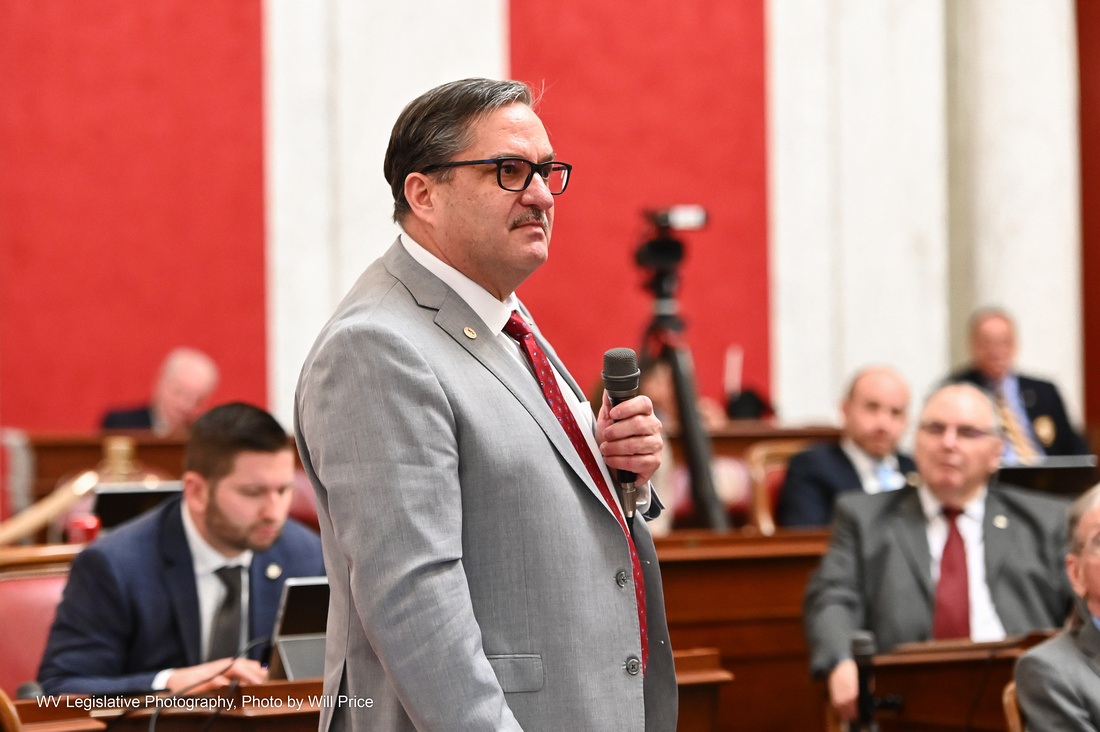Two years ago, an NPR investigation found that Jim Justice was among the top delinquent mine owners in the country, owing millions in federal mine safety fines.
NPR’s Howard Berkes decided to follow up on those findings and see just how far the Justice companies had come. What he found was not just that Justice now owed more money in fines than any other operator in the country, but that he also owed millions in federal, state and local taxes as well.
“Two years ago, his chief operating officer said that Justice would pay off his penalties, that times had been tough in the coal industry, but that he always paid his debts and he would pay these,” Berkes said in an interview with West Virginia Public Broadcasting.
“What we found was instead of that, there was actually a million dollars more in new violations and new delinquencies that had occurred since we first contacted the Justice companies two years ago.”
Those delinquent mine safety fines are not owed at mines located in West Virginia, but Justice is on a payment plan to pay off the debts in other states, like Kentucky.
What Berkes did find in West Virginia, though, was that Justice owes more than $3 million in unpaid severance taxes, the tax paid on coal as it’s mined. Those are the same taxes that West Virginia budget officials say are drastically decreasing with the decline in the coal industry, causing budgetary issues for the state.
“The total is over $3 million for Justice mining companies [in 2013 and 2014],” Berkes said, “and that is about 43 percent of the unpaid severance taxes for all of West Virginia for those years combined.”
Along with the severance taxes owed in West Virginia and delinquent mine safety penalties, Justice mining companies owe nearly $5.4 million in county taxes in Virginia, Kentucky and Tennessee.
Berkes also confirmed that Justice has never paid two of his largest promised charitable contributions, $25 million to the Boy Scouts in West Virginia and $10 million to the Cleveland Clinic in Ohio.
“The explanation we got from the campaign was that tough times for coal made it difficult for him to follow through with his charitable contributions, but that he intended to do so eventually,” Berkes said, however, Berkes was not able to get a comment from the campaign about the delinquent severance taxes.
This morning, the Justice campaign released a statement from Bill Shelton, an attorney for the Justice companies:
“Unlike the coal companies that filed for bankruptcy and walked away from their obligations, the Justice Companies are being responsible and following the agreed upon payment plan. I’ve dealt with these issues many times during my legal career, and the Justice Companies are taking the proper steps to make good on all MSHA commitments. To imply anything beyond that is purely for political reasons and ignores the facts.”
